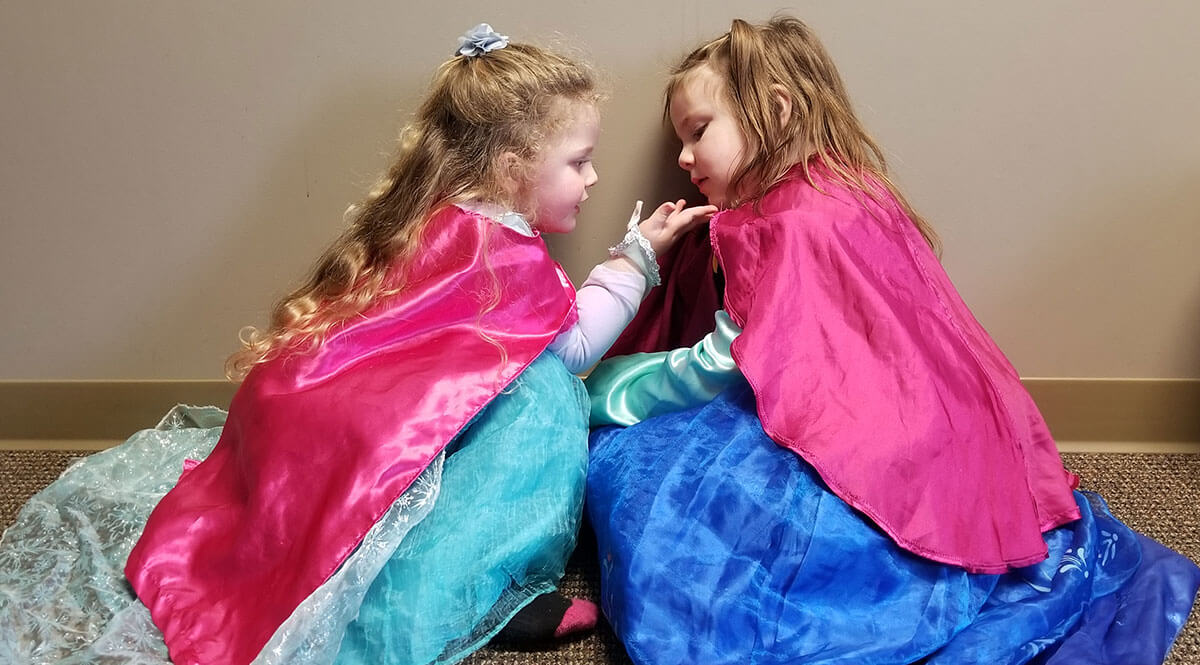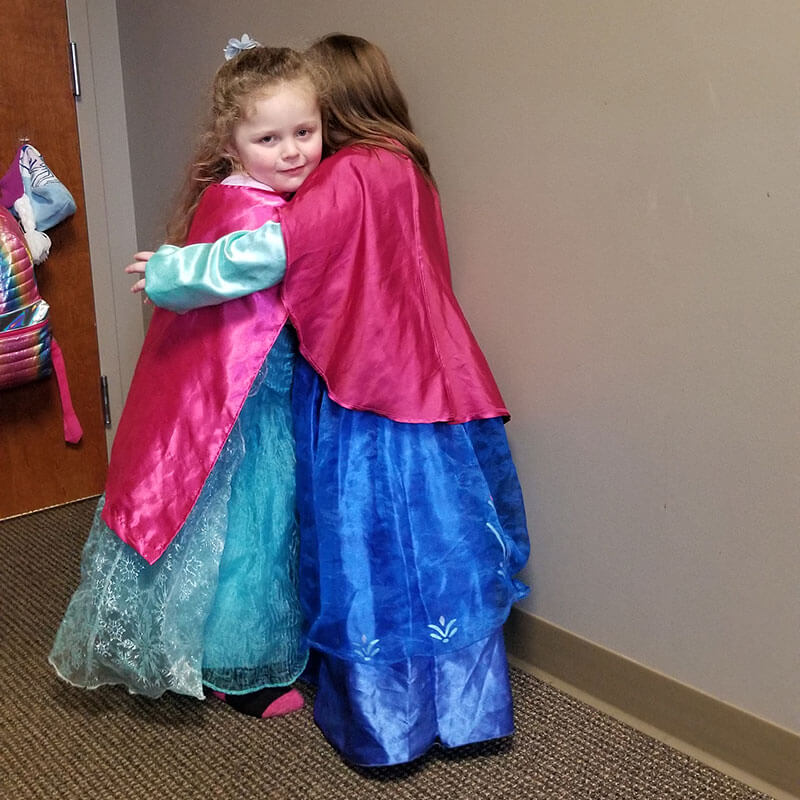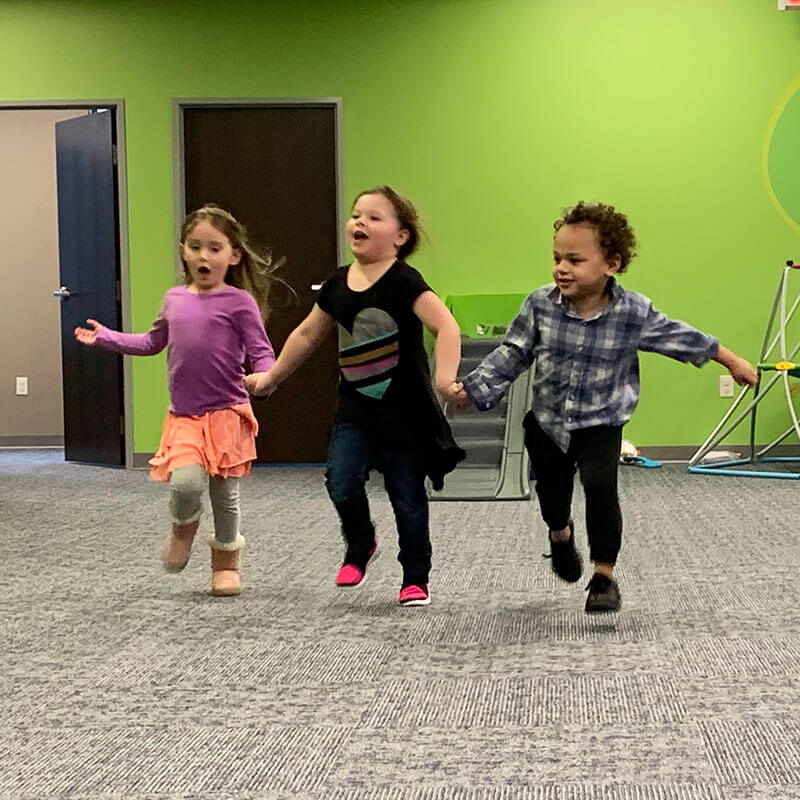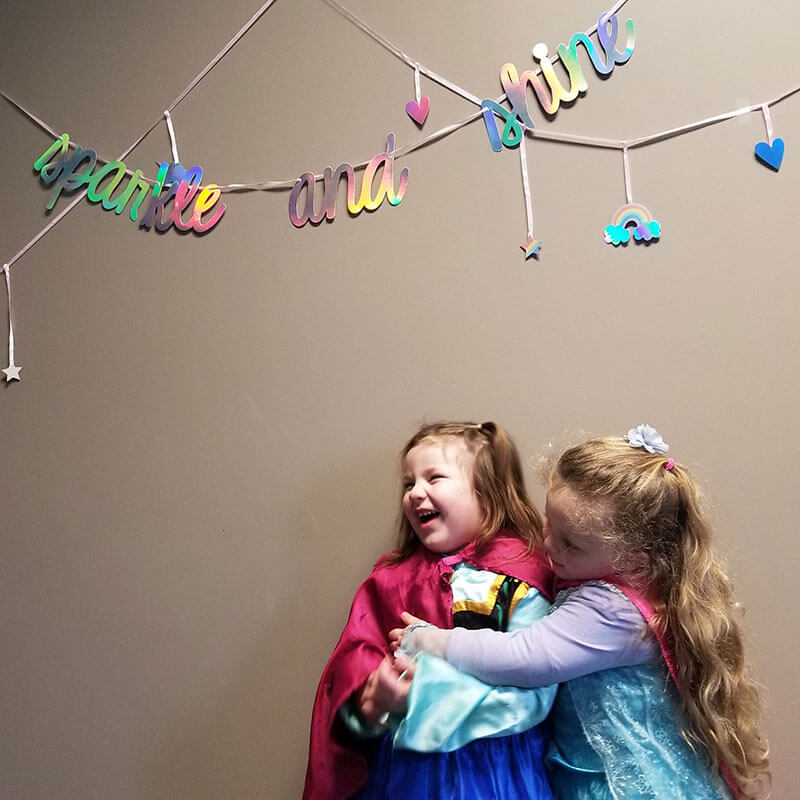Helping Kids with Autism Make Friends
February 27, 2020
February 27, 2020

Having a buddy to share a laugh with, someone to turn to when they reach a new milestone, a shoulder to cry on when they’re sad, or even an Anna to their Elsa when they’re dreaming up snowmen in ice castles… Friendship is something all parents want for their children.
For parents of children on the autism spectrum, this desire can be even more intense, but also often feels distant. Socialization and communication can be difficult for individuals with autism and the preference of alone time is strong for many, especially at a young age. The good news is, even with some challenges, friendships in the autism community are not only possible, they can be as lovely and fulfilling as parents could hope for them, even if they appear differently than others would expect.
It is important for parents to keep in mind that children with communication barriers and behavioral challenges typically need help building certain skills before engaging in productive peer play.
“Peer play seems simple on the surface, but it actually requires a lot of prerequisite skills,” Hopebridge Board Certified Behavior Analyst (BCBA) Kelsey Coffelt reminds us.

If a child with autism seems disinterested in interacting with others or wants to do so, but has difficulties connecting, there are a few skills parents and therapy teams may first want to address:
Like other areas of communication and socialization, applied behavior analysis (ABA therapy) can support families who want to target these skills and more in order to give children the foundation they need to create relationships throughout a lifetime. Once children have learned the prerequisite skills – whether they acquired them on their own or have been taught them in ABA therapy – there are other areas therapists and parents can focus in order to encourage budding friendships.

Kelsey gave us a BCBA’s inside look at five steps we may take during Hopebridge’s autism therapy when setting out for goals around peer play:

Even with the right skills, the scenario may not always play out this smoothly, but working on these small goals over time can help children learn to interact with each other and enjoy it at the same time! One of the benefits of Hopebridge’s center-based therapy is we can easily bring children together to work on these skills in a shared space, once they are ready.
Early intervention is significant in building these foundational skills, so if you have a child on the spectrum who could benefit from ABA therapy, don’t wait. Contact us to learn more about how Hopebridge can help your kiddo make lasting friendships, while also increasing his or her overall independence.
*Informed consent was obtained from the participants in this article. This information should not be captured and reused without express permission from Hopebridge, LLC.
Tips and Advice
December 20, 2022
5 Ways to Support the Autism Community During the Holidays